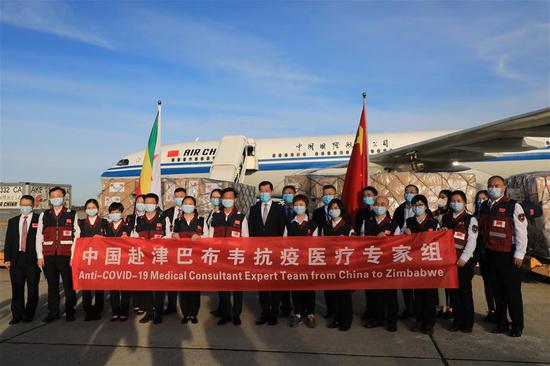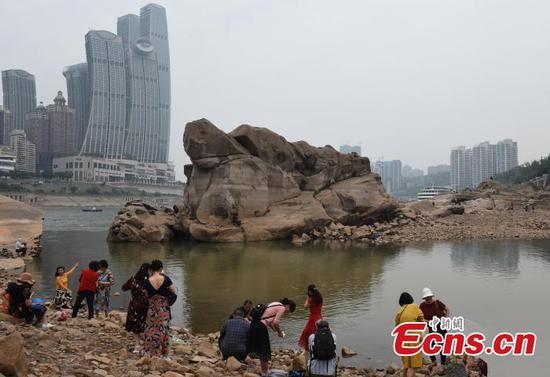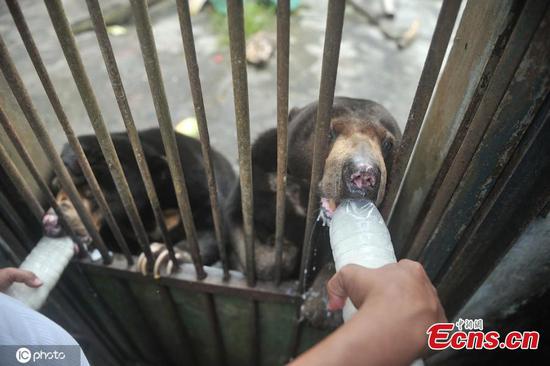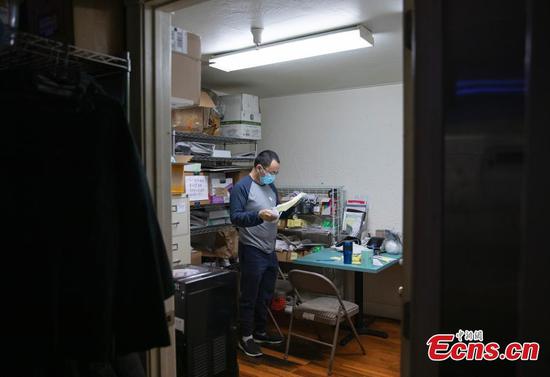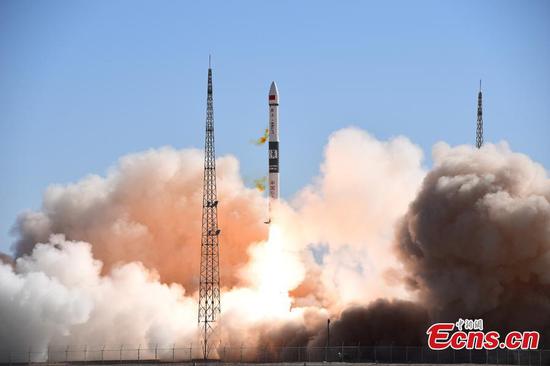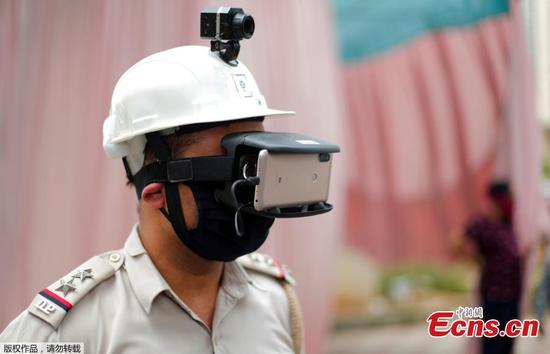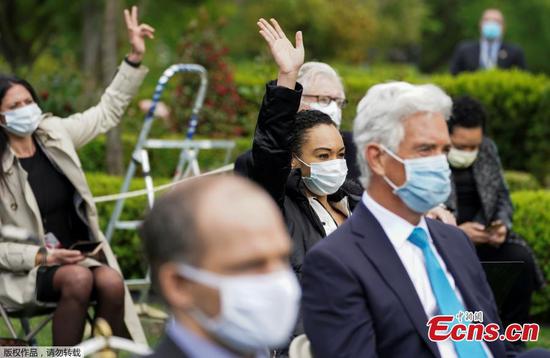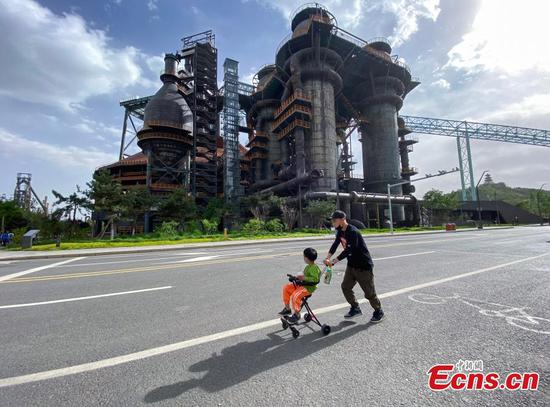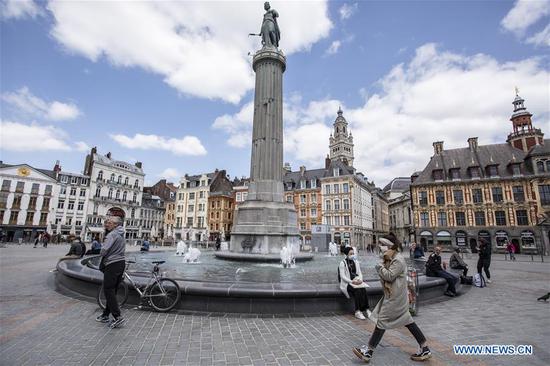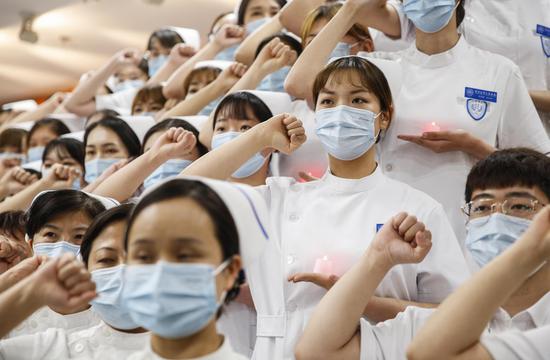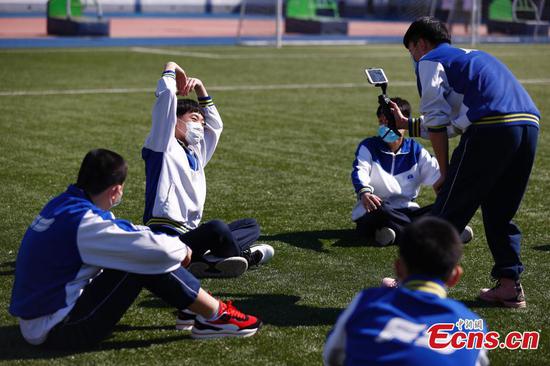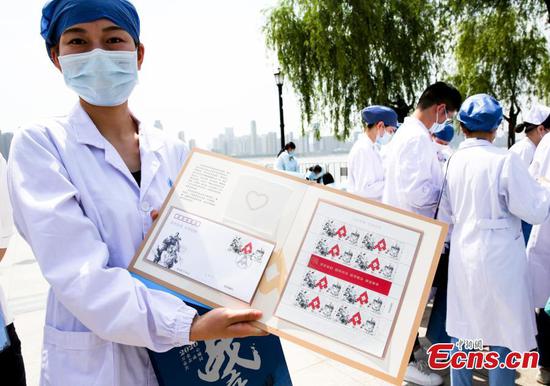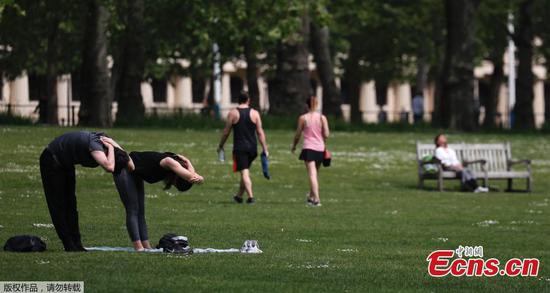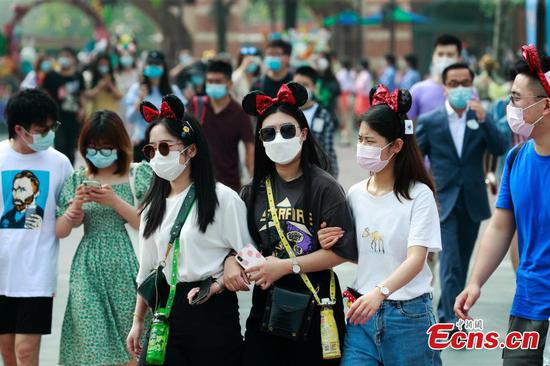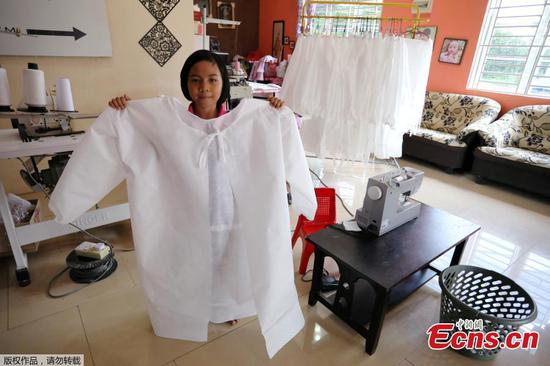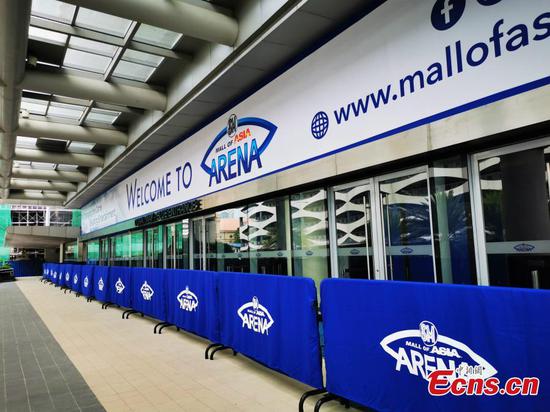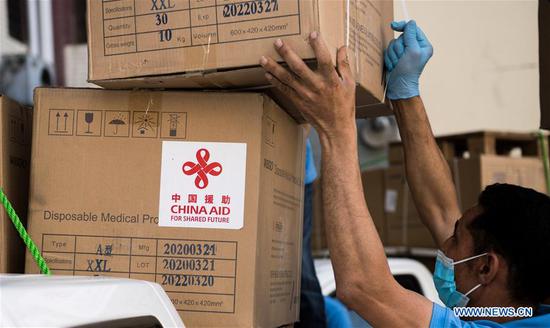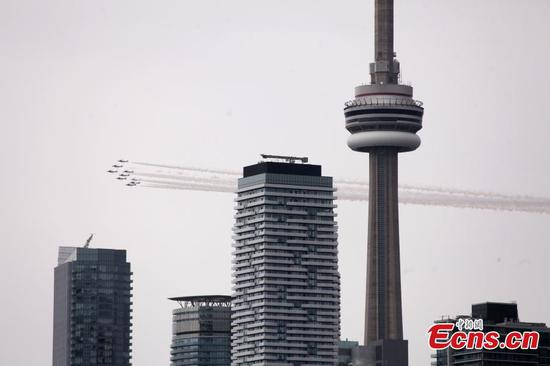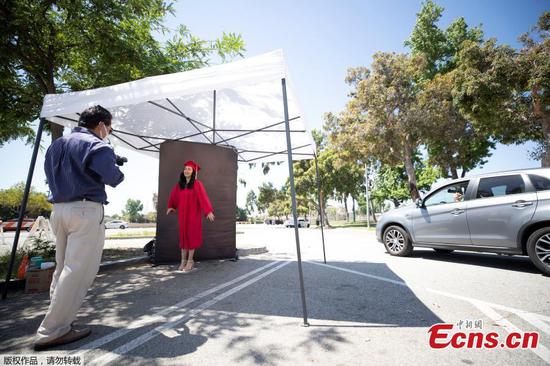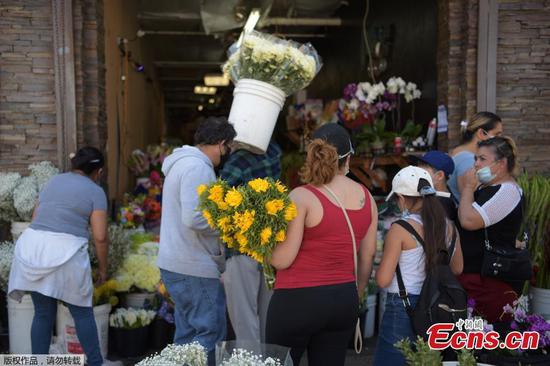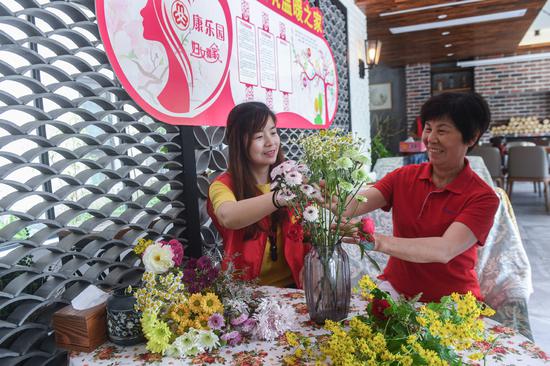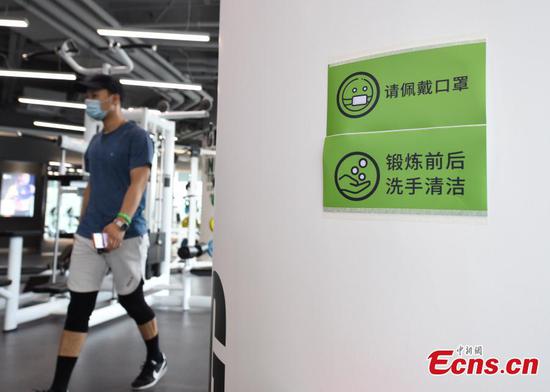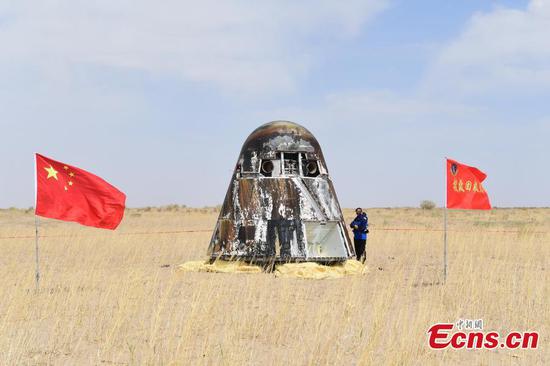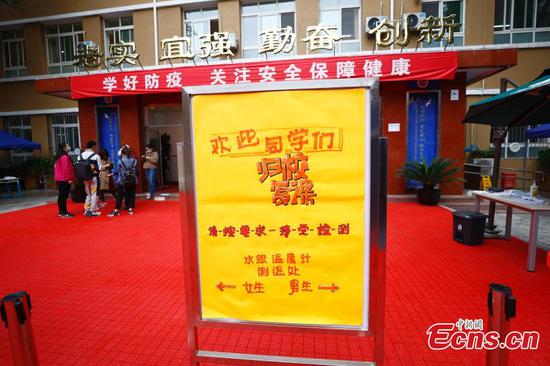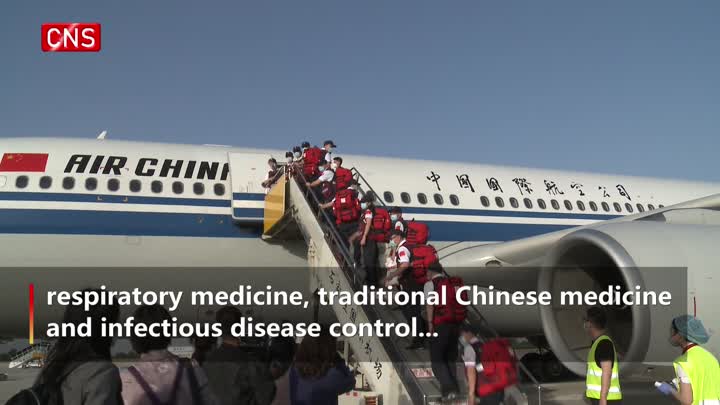Wuhan is set to conduct a 10-day city-wide coronavirus testing of all its residents, as the city recently reported six new coronavirus cases in the same residential community, sources from Wuhan's health authority confirmed with the Global Times.
Officials from a district health commission told the Global Times that Wuhan's regulators have asked districts in the city to submit a detailed plan to conduct the epidemiological investigation and epidemic prevention and control. Densely populated communities and areas with high population mobility will be the focus of screening and testing.
The implementation plan has not yet been announced. Specific plan and work are still under further study, and official information will be released as soon as possible, sources said.
Peng Zhiyong, director of the intensive care unit of the Zhongnan Hospital of Wuhan University, told the Global Times on Tuesday that he has not received details of the testing plan. He said testing everyone would be costly, so the testing is very likely to focus on key groups and communities such as close contacts of patients and their family members, medical staff, the elderly and those with pre-existing medical conditions.
Yang Zhanqiu, deputy director of the pathogen biology department at Wuhan University, told the Global Times on Tuesday that Wuhan expanded the scale of its testing in April and tested targeted groups of people.
"About three to five million residents have been tested and proved healthy, and thus Wuhan is capable to test the remaining 6 to 8 million in 10 days." Wuhan has about 11 million permanent residents.
Wuhan has tested teachers, medical workers, public transport workers, public service workers in shopping malls and other public places, along with supervisors and people at nursing homes. Teachers and medical workers have had serum antibodies tests, chinanews.cn reported in late April.
Yang believes the city-wide test may be unnecessary as "you'll never know if people were infected after testing negative." So "It's essentially an epidemiological investigation to determine the current situation."
Wu Zunyou, an epidemiologist from the Chinese Center for Disease Control and Prevention, said Monday on CCTV that large-scale screening and testing is unnecessary. Wu believes the main battlefields are in key communities and certain groups of people.
According to Yang, city-wide testing would allow residents of the hard-hit city feel more at ease, and speed up the process of returning to work and school.
Wang Zhonglin, the Party chief of Wuhan, stressed on Monday at a conference that learning from recent new cases will prevent a rebound and is the best way to ensure people's health and safety.
Along with strengthening prevention at the community level and the symptom reporting system, Wang said Wuhan will further expand the scale of testing, and the detailed epidemic prevention and control measures will be "normalized."









